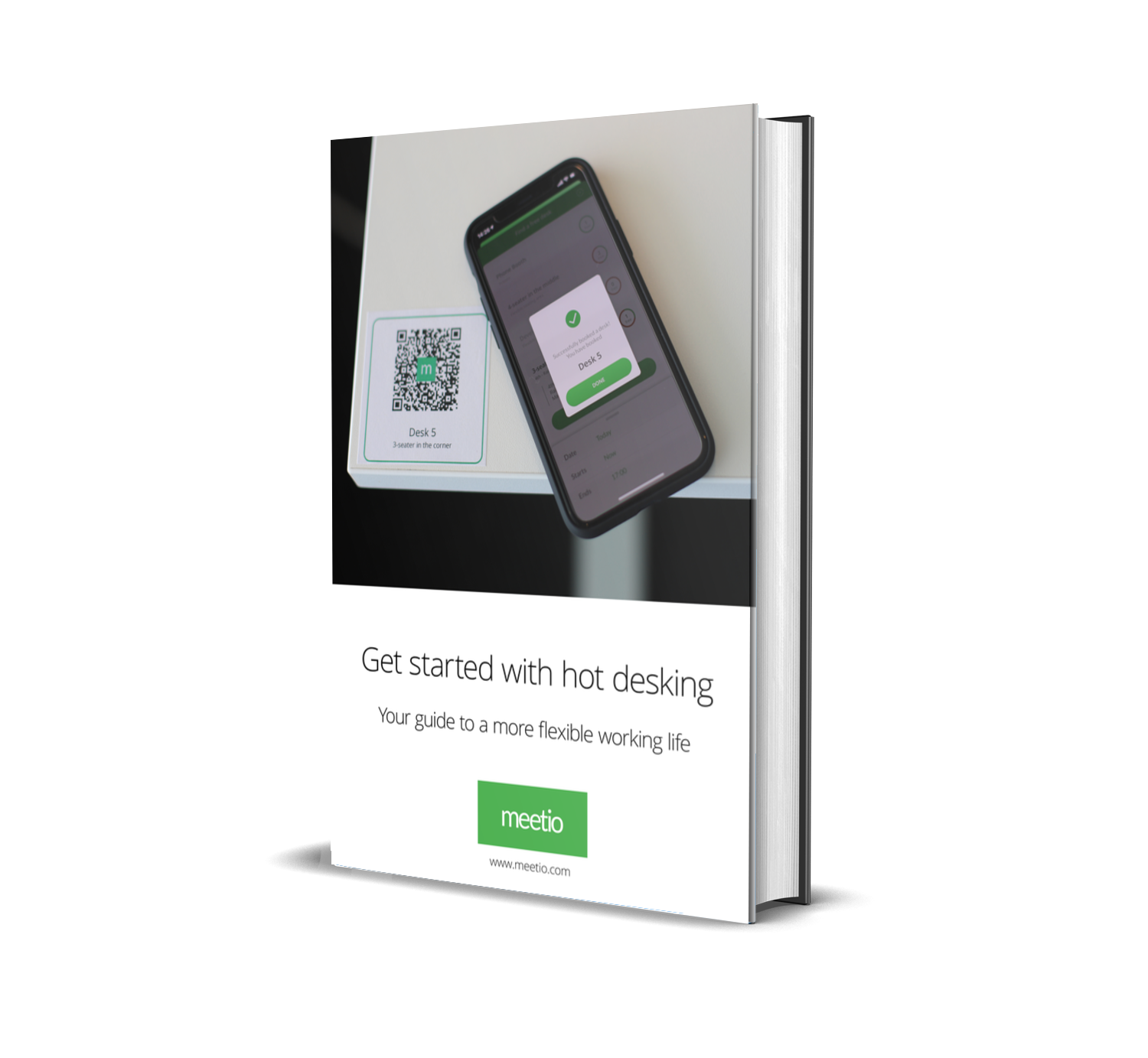
It's not every decade that a global event changes the way people work, but that's definitely what COVID-19 did. As a result, businesses have a lot to think about, from how to equip employees for remote work to how to design workspaces when people eventually report back to the office.
Since we are living through an era where every aspect of the business must be rethought and reconfigured, why not reassess how we do meetings as well? This is where a fully unified conference room reservation system can play a big role. Like most industries, there are a lot of options available. So, how do you shift through them and pick the best one? Here are some key features your chosen solution should have:
Your workday is hard enough as it is — booking a meeting room shouldn't make it harder. When looking at various conference room booking tools, pay close attention to its user interface and design. Remember, busy people, don't have the time or patience for badly designed solutions.
Does reserving a room feel like a breeze or more like navigating a labyrinth? Are the available rooms clearly displayed to all users? Can even the least tech-savvy staff member use the system? If the answer to many of these questions is a resounding "yes", then that meeting room booking option is worth looking into further.
American workers attend a lot of meetings — eleven million of them each day, to be more precise. If you're a receptionist in a large company who has to take meeting room reservations manually, you've truly got your job cut out for you. Unfortunately, the deluge of requests might mean that you can't update venue statuses in real-time — a problem that could lead to double-booking. However, when a centralized meeting room management system is used, all reservations are recorded instantaneously in a central database. This means that everyone — whether they're using a PC, tablet, or smartphone — will see which venues are available in real-time and which are not. By removing potential human errors through transparent information sharing, double-booked room conflicts will be a thing of the past.
In an era where literally everyone owns a smartphone, you may be thinking that people will easily warm up to a digital meeting room booker. The truth of the matter, however, is that there will always be workers who may find such solutions intimidating. Fortunately, the best technology options can easily integrate with legacy systems, making the transition and implementation less painful. For example, if a person prefers using Outlook to send meeting invitations, they can use that platform to book the meeting room venue as well. This level of flexibility greatly enhances user adoption and system usage.
Bigger companies often have sprawling workplaces, sometimes even spanning multiple floors in the same building. Since there are meeting rooms scattered throughout the premises, finding the right one can be a little challenging. This is especially true for new hires or visitors to your company. The solution? Pick a meeting room management system that shows where the meeting venue is actually physically located through a visual map of the office.
Users can access this map through their smartphone app, or they can refer to a large TV display in the lobby that shows their booked room. Having a robust wayfinding feature ensures that meetings always start on time, in the right place, and with the right people.
There's nothing worse than inviting a colleague to a meeting only to have them not show up. In many cases, this is because they weren't looped in properly about the meeting or venue. The good news is that a meeting room manager will automatically notify a person if they've been added as an attendee. This can be done in a variety of ways, such as through email or through an in-app notification (if they have the room booking app on their phone). By making sure that people are aware that their attendance is needed, they are less likely to not miss crucial meetings.
While there are many software-only room reservation systems on the market, the one you choose should be well integrated with hardware as well. Meetio, for example, can display room bookings on a variety of partner-certified hardware displays. They can also display on other digital screens through a certified interface device like the IAdea Media player.
Having a hardware component is important because not everyone may have access to the smartphone app. Lastly, having a system that offers flexibility in how a room is booked will likely fast-track its adoption.
Even as more and more people are being vaccinated against COVID-19, the Omicron variant is certainly causing concern. As such, businesses and employees must continue to follow safety best practices, including observing social distancing. When a team member uses a room booking app, reserving a venue becomes self-service, so no person-to-person contact is needed. No more marching over to the front desk to book a venue or stopping by someone's cubicle to invite them to the meeting. They simply look for a suitable room that's available and then invite their colleagues.
As any office manager knows, meeting rooms are a precious commodity. Each time people book a venue only for them not to show up, another team is being deprived of using that space. That’s why room reservation systems usually come with a feature that automatically cancels a booking if attendees don't log in on time. Likewise, they also have a feature that lets users extend a meeting, provided no one else is using the venue after them. With a system like this in place, meeting rooms are used diligently and people observe proper meeting etiquette.
In conclusion, conference room reservation tools can greatly streamline how meeting room resources are booked and used, but it’s important to pick one that offers ease, flexibility, and convenience. If you’re looking for a solution that has all of the above, check out Meetio. We’re confident that our system will be a game-changing addition to your company. Request a free demonstration today.
A comprehensive introduction to hot desking, its benefits, and how you best implement it.

These Stories on Hot-desking
Meetio AB/Logitech Nordics AB
Hamngatan 4
211 22, Malmö
Sweden
Magnus Ladulåsgatan 3
SE-118 65 Stockholm
Sweden
Sweden: +46-(0)10-101 95 60
Comments (5)